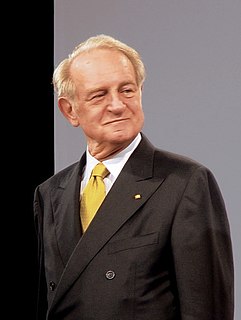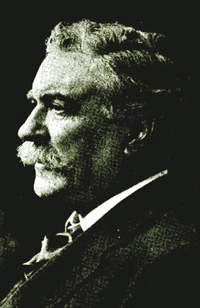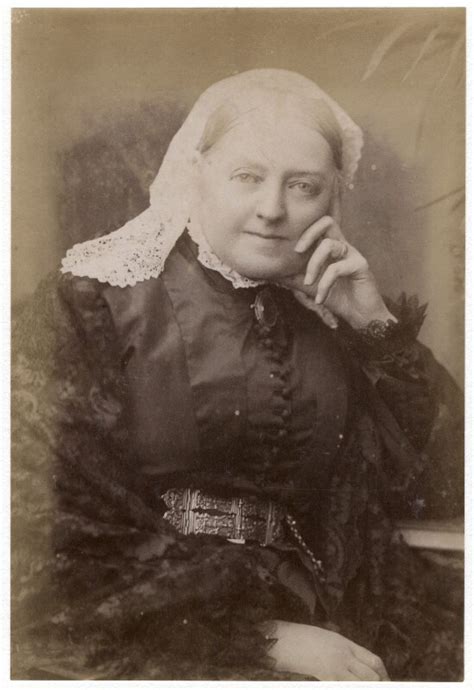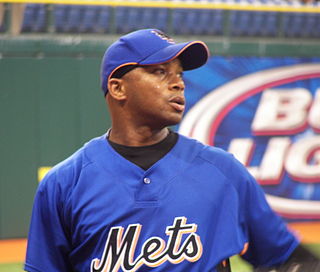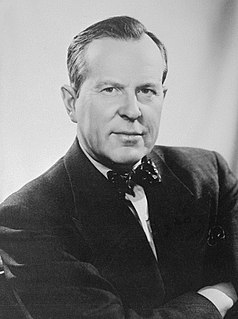A Quote by Neil Macdonald
The word nationalism, to most people, has a virtuous whiff; historically, it's been conflated with terms like patriotism and loyalty and solidarity with one's civic tribe.
Quote Topics
Related Quotes
Well, if there is a spectrum between ethnic and civic forms of nationalism, which is a rather schematic way of looking at it, all nationalism contains elements of both, but Scotland is very far on the civic end of the spectrum. That is partly because nobody has ever been stupid enough to say that Scotland is an ethnicity in a genetic sense. A kingdom of Scotland existed long before anybody talked of a Scottish people. So that is one thing we have been spared.
Whistleblowing constitutes a nice test case for the evaluation of loyalty. Loyalty also appears at the intersection of many major philosophical debates: general ones such as those between consequentialism and deontology, reason and feeling, virtue and principle, as well as more specific ones such as nationalism and patriotism, morality and obedience, particularism and universalism.
The word patriotism, or its equivalents and derivations, is upon everyone's lips at the present time. It is a magic word which is thought by most people to cover any multitude of sins. To be patriotic in whatever cause is tantamount to being virtuous, while no worse charge can be brought against a man in popular estimation than to say he is unpatriotic.
By 'nationalism' I mean first of all the habit of assuming that human beings can be classified like insects and that whole blocks of millions and tens of millions of people can be confidently labeled 'good' or 'bad'...By 'patriotism' I mean devotion to a particular place and a particular way of life, which one believes to be best in the world but has no wish to force on other people. Patriotism is of its nature defensive, both militarily and culturally. Nationalism, on the other hand, is inseparable from the desire for power.
Self-interest, to be sure, is one of the most important, but we have many other motives - honesty, self-respect, altruism, love, sympathy, faith, sense of duty, solidarity, loyalty, public-spiritedness, patriotism, and so on - that are sometimes even more important than self-seeking as the driver of our behaviors.
If loyalty is, and always has been, perceived as obsolete, why do we continue to praise it? Because loyalty is essential to the most basic things that make life livable. Without loyalty there can be no love. Without loyalty there can be no family. Without loyalty there can be no friendship. Without loyalty there can be no commitment to community or country. And without those things, there can be no society.
One of the real dangers of loyalty is that it may become associated with certain types of group-think, chauvinism, jingoism, and thus become socially destructive in ways that many other virtues are not likely to be when they are corrupted. Nationalism and patriotism are especially prone to misguided excess.
Whereas nationalism still seeks power, honour, and glory through means that endanger other countries, patriotism knows that a country's strength and honour can only be permanently safeguarded through concourse with other countries. And whereas nationalism scoffs at the idea of international laws and regulations, patriotism seeks to create such.



